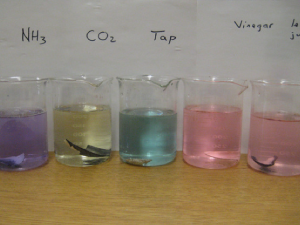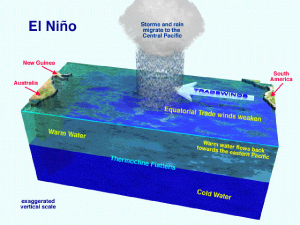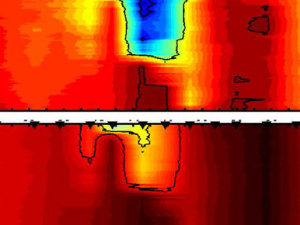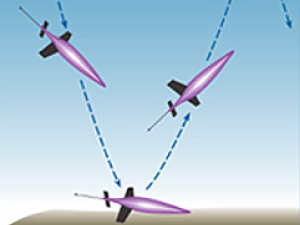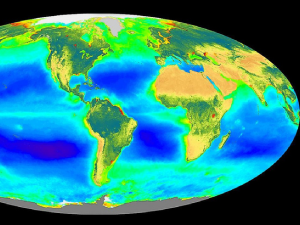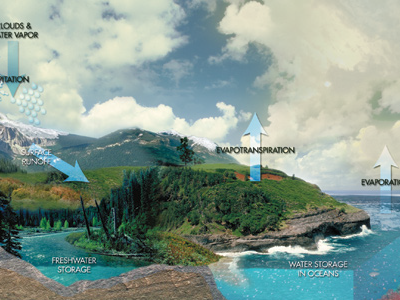Education: The Ocean is Different From Land
Many Earth processes take place over both the land and the ocean, but the interactions between the land and the atmosphere are often very different from those interactions taking place over the open ocean. Scientists are studying these interactions to observe how processes taking place over the ocean might affect land-based systems and what this means for Earth's climate.
Ted Taylor, an earth science teacher at Bangor High School, has his students work through a series of laboratory activities centered around ocean acidification.
Using the El Niño event that occurs off the west coast of South America, Dr. Gary Lagerloef explains what natural salinity variability in the ocean looks like.
Dr. Stephen Riser explains the importance of advancing oceanographic research equipment and why a rain event over the ocean can tell us a lot about how the ocean works to move water from place to place.
This clip highlights the mechanisms by which a seaglider, a popular type of oceanographic research equipment, moves throughout the ocean and how it is able to collect and transmit data to satellites in space.
Just like the land, the ocean has areas of high evaporation, little rainfall, and little life - and they are the ocean's "deserts". One such area contains the Atlantic ocean's salinity maximum, where the SPURS cruise took place.
One way Aquarius data is being used is to better understand how the ocean and atmosphere interact: how they "couple" to create processes we experience on a daily basis like evaporation and precipitation.
